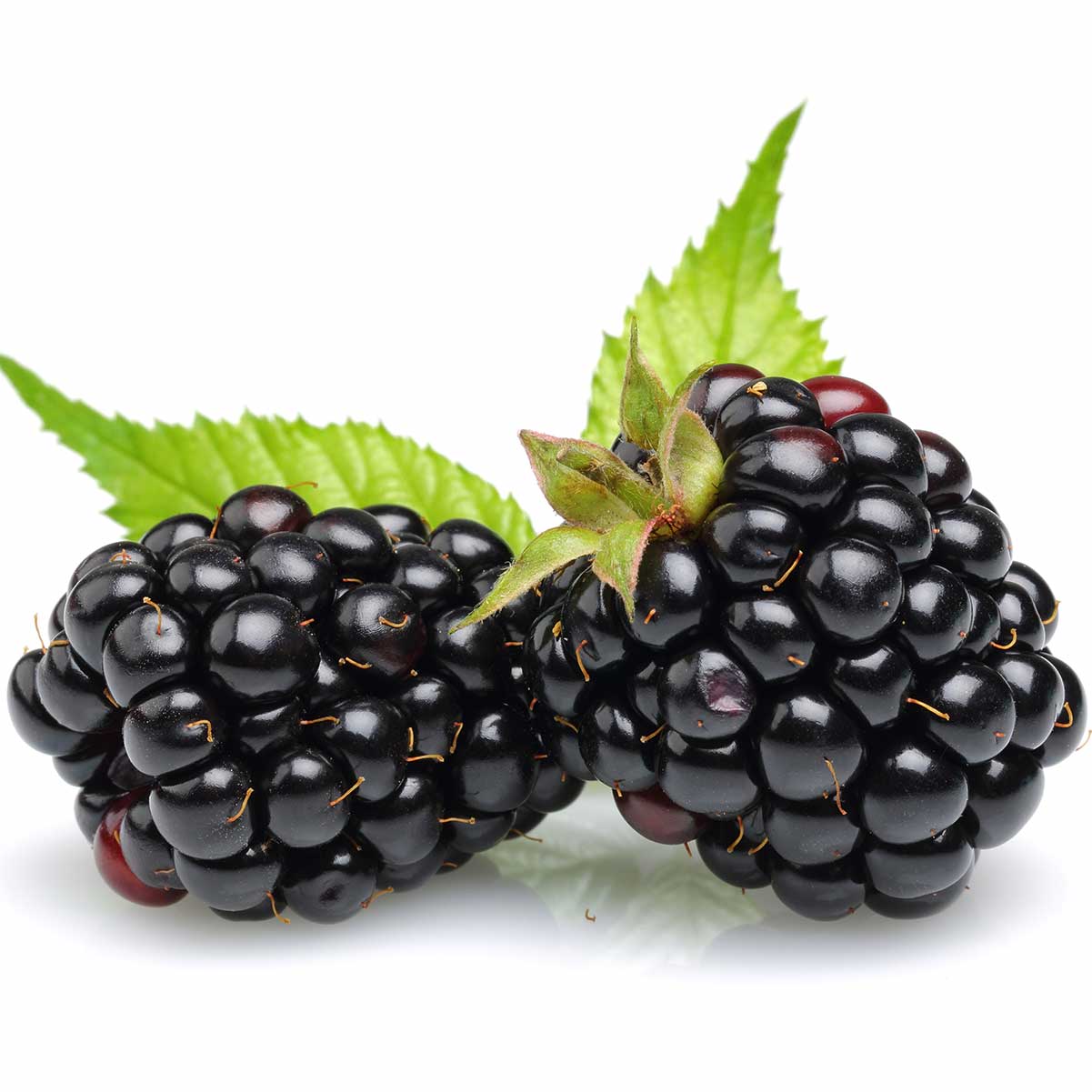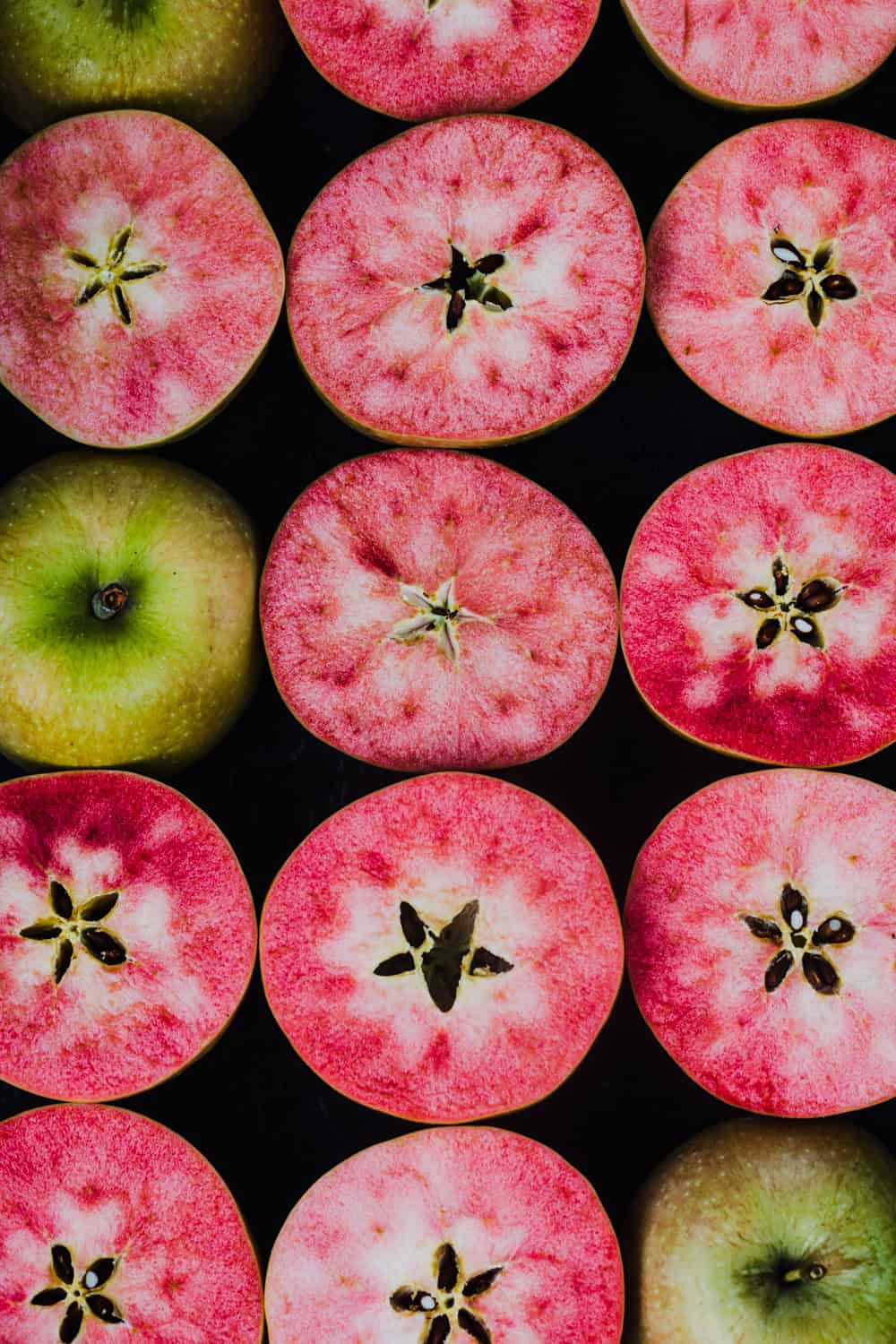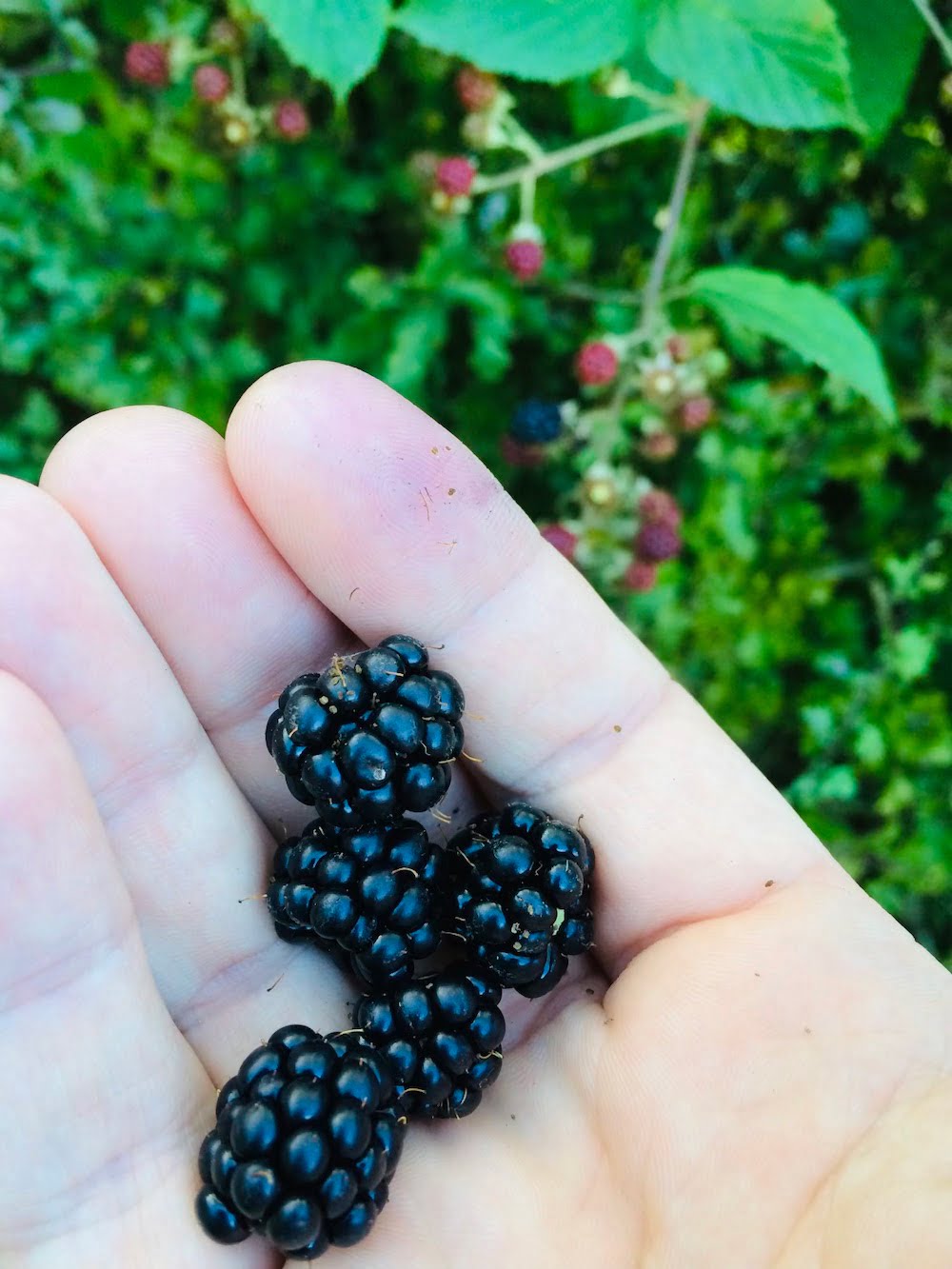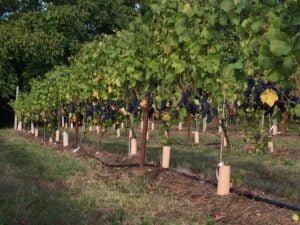Have you ever bitten into a blackberry only to be met with a wave of sourness? If you’ve found yourself wondering why these juicy berries can sometimes be tart, you’re not alone. In this article, we’ll explore the science behind the sourness of blackberries, uncovering the factors that contribute to their tangy taste. From understanding the role of natural compounds to uncovering the effects of growing conditions, get ready to unveil the secrets behind why your blackberries may be sour.
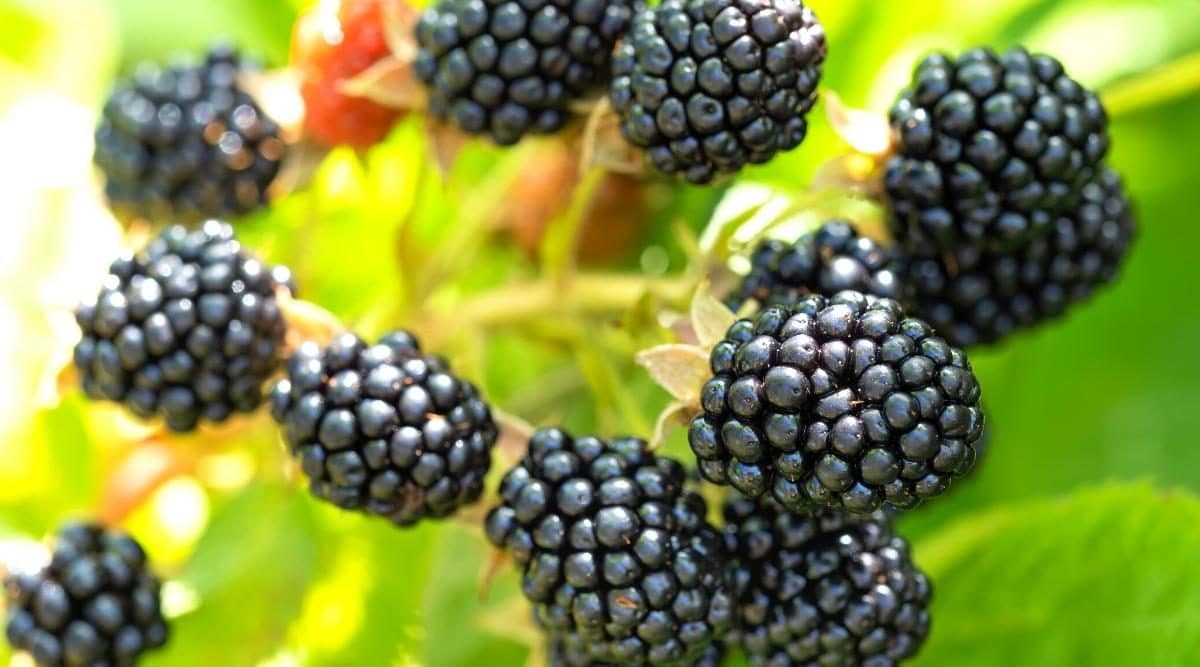
The Basics of Blackberries
Types of Blackberries
Blackberries, scientifically known as Rubus, are a popular type of fruit enjoyed by many. There are several different types of blackberries, each with its own unique characteristics and flavor profiles. Some common varieties include “Prime Ark 45,” “Natchez,” and “Marion.” These varieties not only vary in taste but also in their growth habits and adaptability to different climates.
Growing Conditions
To successfully cultivate blackberries, it is essential to understand their preferred growing conditions. Blackberries thrive in well-drained soil that is rich in organic matter. They prefer a slightly acidic soil with a pH range of 5.5 to 6.5. Adequate sunlight exposure is crucial for blackberry plants, as they require at least six hours of direct sunlight per day. Additionally, blackberries are relatively tolerant of different temperature ranges, with most varieties being able to withstand both hot and cold climates.
Harvesting and Ripening
Knowing when to properly harvest blackberries is essential to ensure optimal flavor and sweetness. Blackberries should be harvested when they are fully ripe. This is indicated by their deep, dark color and a slight softness to the touch. It is important to gently pluck the berries from the plant, being careful not to crush or damage them in the process. If blackberries are harvested too early, they may taste sour or lack sweetness. On the other hand, if they are left on the plant for too long, they may become overripe and lose their desired flavor.
Understanding Sourness in Blackberries
Taste Perception
The perception of sourness is a complex process involving our taste buds and sensory receptors. When you consume a blackberry, certain compounds present in the fruit interact with your taste buds, specifically the ones responsible for detecting sourness. This interaction triggers a series of chemical reactions that send signals to your brain, allowing you to perceive the taste of the blackberry as sour.
Chemical Components
Several chemical components contribute to the sour taste of blackberries. Organic acids, such as citric acid and malic acid, are primarily responsible for the tartness in blackberries. These organic acids give blackberries their characteristic tangy flavor. The concentration of these acids can vary between different blackberry varieties, influencing the overall sourness of the fruit.
Acidity Levels
The acidity levels in blackberries also play a significant role in determining their sourness. The pH scale is used to measure acidity, with lower pH values indicating higher acidity levels. Blackberries typically have a pH range of 2.8 to 3.5, which is relatively acidic. Higher acidity levels in blackberries contribute to their tart taste, while lower acidity levels result in a milder, sweeter flavor.
Factors Affecting Blackberry Tartness
Genetics
The genetic makeup of blackberry plants significantly influences their tartness. Different blackberry varieties have varying levels of acidity, which is determined by their specific genetic traits. Some varieties naturally have a higher tartness, while others tend to be sweeter. By understanding the genetic characteristics of different varieties, growers can choose specific cultivars that suit their preference for tartness or sweetness.
Environmental Factors
Environmental conditions experienced by blackberry plants can also impact their tartness. Factors such as temperature, rainfall, and sunlight exposure can influence the development of organic acids and sugars in the fruit. Cooler temperatures and higher rainfall often lead to increased tartness in blackberries, while warmer temperatures and less rainfall can result in sweeter fruit. Sunlight exposure also affects the sugar content of blackberries, as sunlight helps convert carbohydrates into sugars during the ripening process.
Nutrient Deficiencies
Nutrient deficiencies in blackberry plants can affect their overall health and flavor. Adequate nutrient levels, particularly nitrogen, phosphorus, and potassium, are necessary for the proper development of blackberries. When these nutrients are lacking, the plants may produce fruit with higher acidity and reduced sweetness. Regular soil testing and appropriate fertilization can help ensure that blackberry plants receive the necessary nutrients for optimal fruit quality.
Genetics and Sourness
Varieties with Higher Tartness
Some blackberry varieties are naturally more tart than others due to their genetic makeup. Varieties such as “Triple Crown” and “Black Satin” are known for their high acidity levels and tangy flavor. If you enjoy the sharpness of sour blackberries, these varieties may be the perfect choice for your home garden or farm. However, it is important to note that personal preferences for tartness may vary, and what is overly sour for some may be enjoyable for others.
Breeding for Sweetness
Plant breeders have been working to develop blackberry varieties with sweeter flavor profiles. By selectively crossing blackberry plants with desirable traits, breeders can create new cultivars that exhibit reduced tartness and increased sweetness. These new varieties cater to individuals who prefer milder flavors and offer a broader range of options for blackberry enthusiasts. Breeding programs focus not only on taste but also on other desirable traits such as disease resistance and productivity.
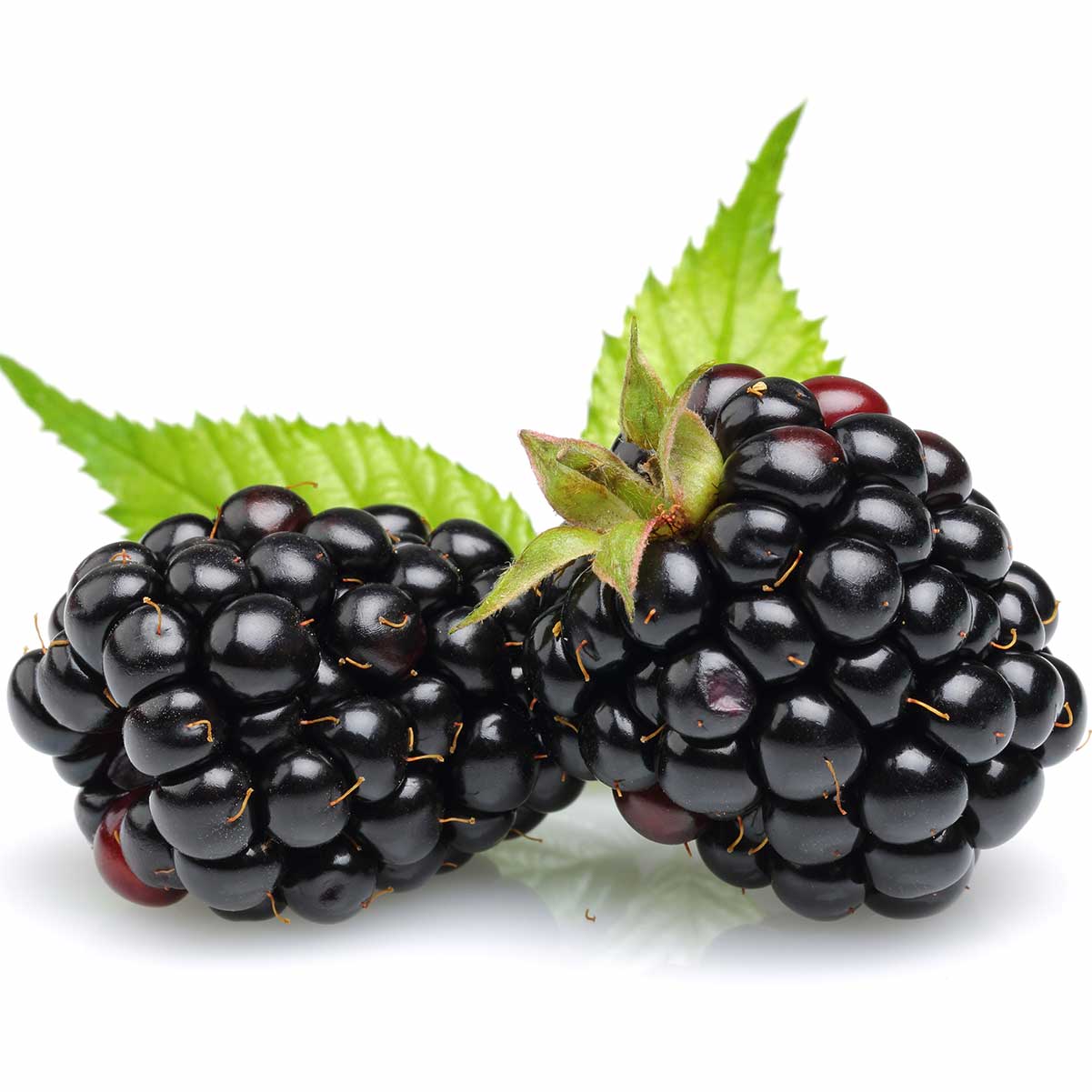
Environmental Factors
Temperature
Temperature plays a crucial role in blackberry tartness. Cool temperatures during the growing season tend to enhance the development of organic acids in blackberries, resulting in a more pronounced sourness. Conversely, warmer temperatures can promote the accumulation of sugars, leading to sweeter blackberries. However, extreme temperature fluctuations can negatively impact fruit quality, so maintaining relatively stable temperatures within the suitable range is important for achieving the desired balance of tartness and sweetness.
Rainfall
Rainfall also influences blackberry tartness. Increased precipitation provides more water to the plants, diluting the sugars and organic acids present in the fruit. This dilution effect can contribute to a perception of increased sourness in blackberries. Conversely, reduced rainfall may lead to concentrated sugars, resulting in sweeter-tasting fruit. Proper irrigation practices that ensure adequate but not excessive water supply can help maintain a balanced flavor profile in blackberries.
Sunlight Exposure
Sunlight exposure has a significant impact on sugar production in blackberries. Blackberry plants rely on photosynthesis to convert sunlight into energy, which is then used to produce sugars. Adequate sunlight exposure promotes sugar accumulation and can result in sweeter berries. Conversely, insufficient sunlight due to shading or limited hours of direct sunlight may hinder sugar production, leading to blackberries that are more sour in taste. Proper pruning and ensuring optimal spacing between plants can help maximize sunlight exposure and enhance sweetness.
Nutrient Deficiencies and Tartness
Lack of Water
Water is vital for the growth and development of blackberry plants, including the formation of flavorful berries. Insufficient water can lead to stressed plants, which may result in increased tartness. Water stress affects the plant’s ability to properly metabolize organic acids and sugars, influencing the balance of flavors in the fruit. Regular watering, particularly during hot and dry periods, can help maintain adequate moisture levels and contribute to sweeter blackberries.
Imbalanced Soil pH
Soil pH plays a vital role in the availability of nutrients to blackberry plants. When the soil pH is imbalanced, certain nutrients may become less accessible to the plants, leading to nutrient deficiencies. These deficiencies can impact the fruit’s taste, resulting in increased tartness. Conducting soil tests and amending the soil pH if necessary can help ensure that blackberry plants receive optimum nutrition, promoting a more balanced flavor profile in the fruit.
Insufficient Fertilizer
Proper fertilization is crucial for blackberry plants to reach their full potential in terms of flavor and sweetness. Insufficient fertilizer application can lead to nutrient deficiencies, impacting the plant’s overall health and fruit quality. Nitrogen, phosphorus, and potassium are particularly important for blackberry growth and flavor development. Conducting soil tests and following recommended fertilization guidelines can help prevent nutrient deficiencies and promote the production of sweeter blackberries.
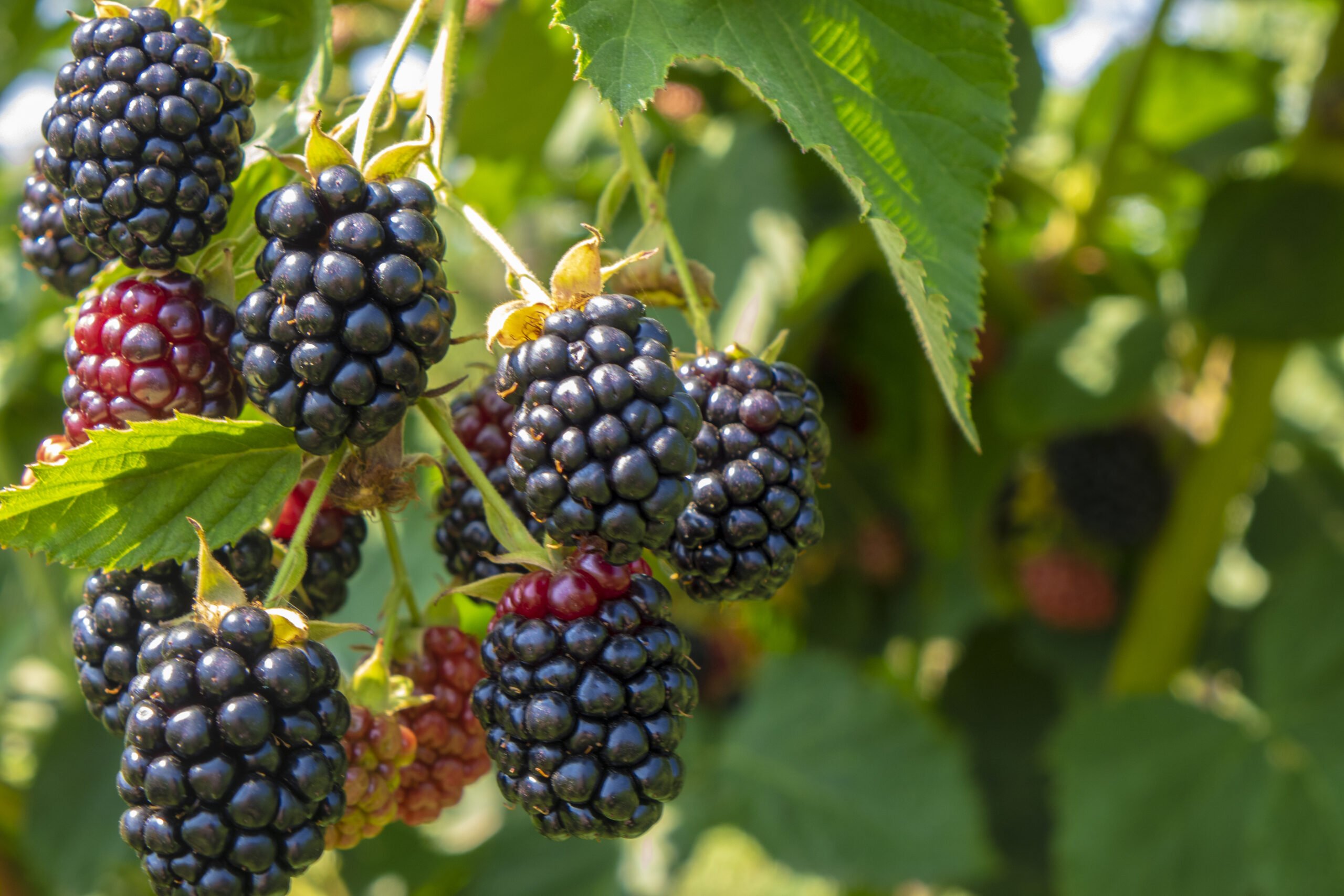
Harvesting Techniques
Timing
Harvesting blackberries at the right time is essential to ensure optimal flavor and sweetness. It is best to wait until the berries are fully ripe before picking them. Ripe blackberries are deep in color, typically black or dark purple, and have a slight softness to the touch. If the berries are still firm or reddish, they are not fully ripe and may taste sour or lack sweetness. Paying close attention to the maturity of the fruit and harvesting at the appropriate stage can greatly enhance the overall taste experience.
Handling
The way blackberries are handled during harvesting can also affect their tartness. Blackberries are delicate fruits and can easily bruise or become damaged if handled roughly. To minimize bruising and maintain optimal flavor, it is essential to handle the berries gently. Use a light touch when picking the fruit and avoid squeezing or exerting pressure on the berries. Additionally, it is recommended to store harvested blackberries in shallow containers, rather than stacking them, to prevent crushing and preserve their freshness.
Post-Harvest Storage
Refrigeration
Proper post-harvest storage is crucial for maintaining the quality and flavor of blackberries. Refrigeration is the preferred method of storage, as it helps slow down the ripening process and preserve freshness. After harvesting, promptly place the blackberries in a clean container and store them in the refrigerator at a temperature of around 32 to 36 degrees Fahrenheit (0 to 2 degrees Celsius). Avoid washing the berries until just before consuming them, as excess moisture can lead to spoilage.
Proper Packaging
Choosing appropriate packaging can also contribute to prolonging the shelf life and flavor of blackberries. Use containers that provide good airflow to prevent the accumulation of excess moisture, which can hasten decay. Containers with small ventilation holes or those specifically designed for storing berries are suitable options. Avoid packing blackberries tightly, as this can lead to crushing and bruising. Placing a paper towel or absorbent pad at the bottom of the container can help absorb excess moisture and maintain the berries’ quality.
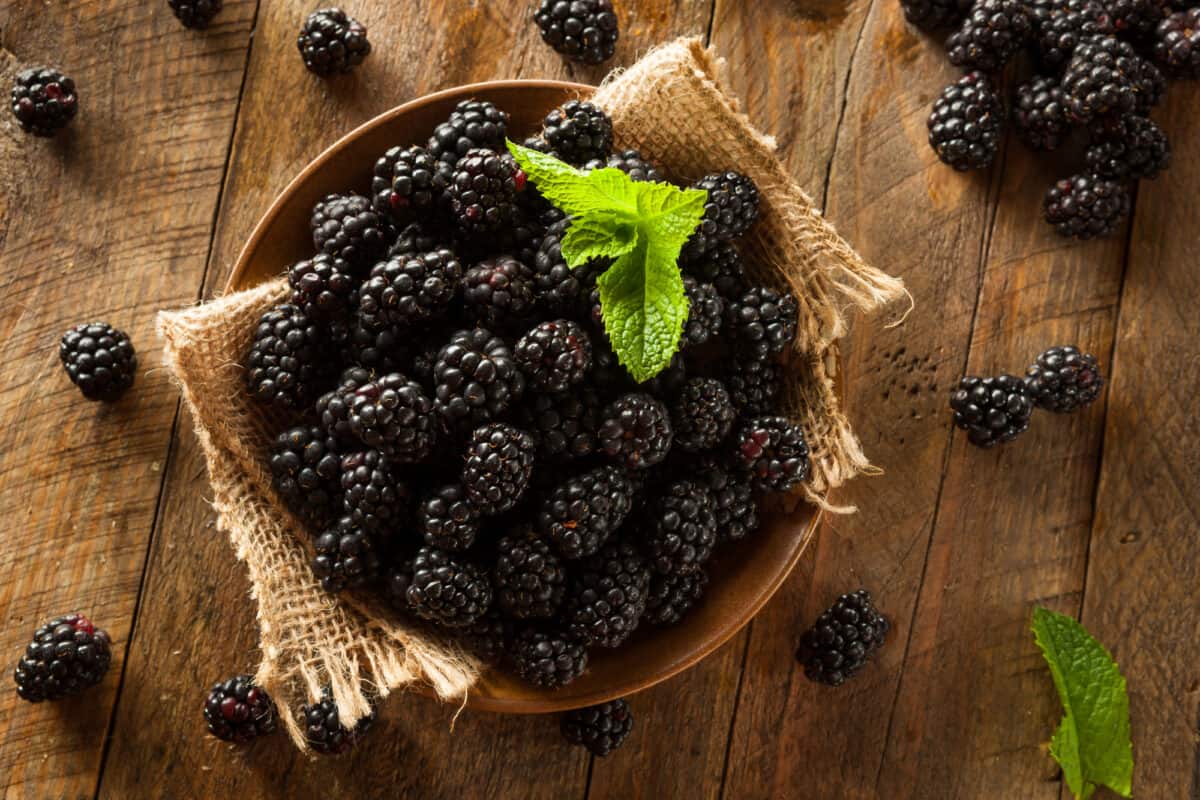
Ripeness and Sweetness
Brix Levels
Brix levels are a measurement used to assess the sugar content in fruits, including blackberries. Higher Brix values indicate a higher concentration of sugars, resulting in a sweeter taste. When selecting blackberries, consider their Brix levels, as this can provide insight into their sweetness. However, it is important to note that Brix levels alone may not fully represent the flavor profile, as other factors such as acidity also influence the overall taste experience.
Color and Texture
The color and texture of blackberries can provide valuable clues regarding their ripeness and sweetness. Ripe blackberries are generally dark in color, ranging from black to dark purple. Avoid choosing berries that are still firm or have a reddish hue, as they are likely to be less sweet. In terms of texture, ripe blackberries should be slightly soft but not mushy. They should have a plump appearance and be free from any signs of decay or mold. Selecting blackberries that exhibit these characteristics can improve the likelihood of enjoying a sweet and delicious fruit.
Enhancing Sweetness
Ripening Techniques
If you find that your blackberries are consistently sour, there are several techniques you can employ to enhance their sweetness. One method is to allow the blackberries to fully ripen on the plant before harvesting them. This ensures that they have reached their maximum sugar content and are at their sweetest. Additionally, you can place underripe blackberries in a paper bag and store them at room temperature for a day or two. This technique encourages further ripening and can enhance their sweetness.
Processing and Cooking
Processing and cooking blackberries can also contribute to enhancing their sweetness. Heat breaks down the structure of blackberries, allowing the sugars to become more pronounced. Try incorporating blackberries into desserts, jams, or sauces where the heat can work its magic and intensify their sweetness. Additionally, the addition of sweeteners such as sugar or honey in recipes can help balance out any existing tartness and enhance the overall taste experience.
By understanding the basics of blackberries, the factors influencing their sourness, and employing appropriate harvesting and storage techniques, you can enjoy the full sweetness and flavor of these delicious fruits. Experiment with different varieties, growing conditions, and processing methods to discover your perfect balance of tartness and sweetness in blackberries. Happy blackberry growing and harvesting!
